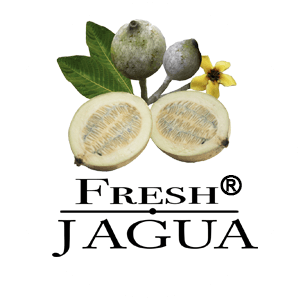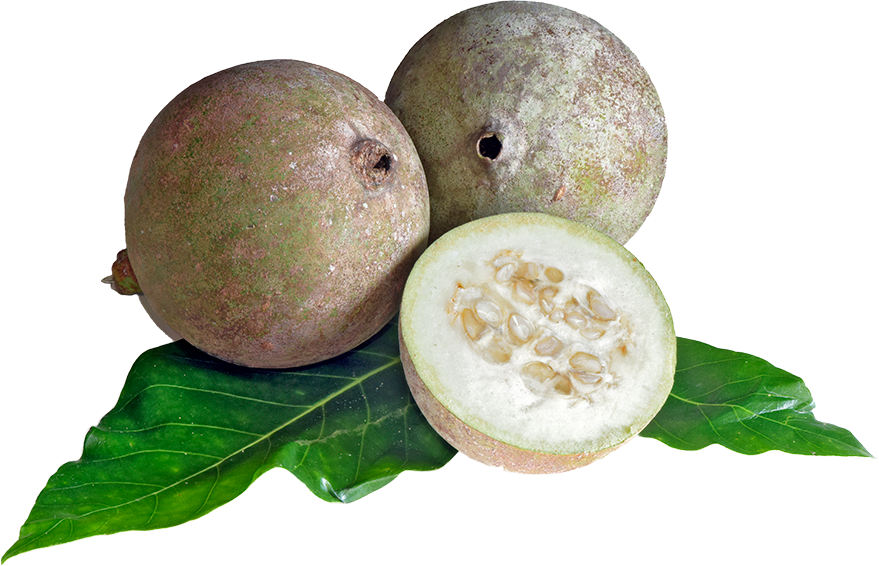
🌴 A Forgotten Taste from the Tropics
There was a time — not so long ago — when the people of the Caribbean would make a refreshing, golden-brown tropical drink from a fruit called jagua (Genipa americana).
It was known simply as jagua juice or guarapo de jagua — a sweet, slightly tangy, almost lemonade-like drink that was said to cool the body, cleanse the blood, and revive the spirit.
Today, this drink has almost vanished. Few remember the taste; fewer still make it. Yet in small towns and old kitchens across Puerto Rico, the Dominican Republic, and Cuba, whispers of “the mysterious jagua juice” still remain — a forgotten elixir of flavor, folklore, and healing.
🧃 The Traditional Recipe: Guarapo de Jagua
Ingredients:
-
3–4 ripe jagua fruits (brown, soft, fragrant)
-
4 cups clean, cool water
-
Sugar, honey, or panela to taste
-
Optional: cinnamon stick or vanilla bean
How It Was Made:
-
The ripe fruits were peeled and gently mashed to release their pulp.
-
Water was poured over the pulp and sweetened lightly.
-
The mixture rested for 2–4 days, often in glass jars covered with cloth.
-
During that time, the fruit infused the water with its natural color and aroma, sometimes producing a light, natural fermentation.
-
The liquid was strained and served cold — golden-brown, aromatic, and slightly tangy — with a taste somewhere between lemonade and herbal tea.
This wasn’t a commercial beverage. It was homemade medicine, passed down through families.
To the people who made it, jagua juice wasn’t just refreshment — it was part of daily well-being.
🌿 The Healing Reputation of Jagua Juice
Generations ago, people believed jagua juice could do more than refresh — it could restore.
It was a household remedy for everything from tiredness to fever and was part of the natural “blood-purifying” traditions still practiced in some regions today.
Here are some of the traditional healing uses passed down through generations:
-
🌡️ Cooling the body during fevers or heat exhaustion
-
🍽️ Improving digestion after heavy meals
-
💧 Supporting the liver and cleansing the blood
-
🩸 Relieving anemia and promoting general vitality
-
🌬️ Soothing the respiratory system during colds or coughs
-
🌿 Reducing inflammation and aiding recovery from minor infections
In the Caribbean, elders used to say:
“Drink jagua when your blood feels hot.”
It wasn’t just about hydration — it was about rebalancing the body, naturally.
🌞 Nature’s Own Cleanser
Jagua fruit is rich in natural plant essences and antioxidants.
These gave the drink its unique color and gentle detoxifying power.
People drank it not for the sweetness — jagua isn’t particularly sweet — but for the way it made them feel lighter, calmer, and cleaner inside.
Farmers, healers, and mothers alike would keep a bottle of the golden liquid in their kitchens or clay pots, drinking a small glass each morning before breakfast.
It was their daily tonic — a gift from the forest to the people.
⚗️ Why the Drink Disappeared
Over time, as industrial sodas and processed drinks became popular, traditional beverages like jagua juice faded into memory.
The fruit’s unusual taste and short shelf life didn’t help.
But its disappearance also left behind a gap — not just of flavor, but of wisdom.
Many of today’s so-called “detox” or “wellness” drinks echo what jagua juice once was: a natural cleanser made by hand, not by machine.
💡 Why You Can’t Make It with Tattoo-Grade Jagua
At Fresh Jagua, we specialize in the unripe fruit — the one used to create natural pigments for temporary tattoos and cosmetic applications.
The ripe fruit, however, is the one used for the beverage — it’s safe, mild, and no longer has the dyeing power of its younger stage.
That’s why our jagua products are strictly for external use.
But if you ever find someone still making jagua lemonade in the Caribbean, consider yourself lucky — you’re tasting a sip of history.
🌀 How This Fits With Fresh Jagua’s Mission
At Fresh Jagua, we focus on producing high-quality, safe unripe jagua pigment for body art and creative applications.
Our entire process — from sourcing to production — is built on respect for nature, safety, and tradition.
While we admire the cultural and medicinal heritage of Genipa americana, it’s important to maintain clarity:
-
We do not supply ripe fruit intended for drinks.
-
We do not recommend consuming our unripe jagua products as food or drink.
-
We do support informed conversations about ancestral uses — because understanding the past helps us honor the present.
By sharing this blog, we celebrate jagua’s legacy, offer knowledge to the curious, and continue our mission to keep this remarkable fruit alive in a safe, respectful way.
💭 A Taste Worth Remembering
Jagua juice is more than a drink.
It’s a memory of the earth — of clay pots, slow days, and herbal knowledge whispered through generations.
Few people today remember its taste, yet those who do never forget it.
They say it’s like lemonade touched by the forest — mysterious, grounding, and alive.
And maybe that’s why it deserves a comeback — not as a commercial product, but as a story of connection between nature, health, and heritage.
At Fresh Jagua, we believe stories like this remind us that nature always holds more than one secret — and every product we make carries a piece of that legacy.





